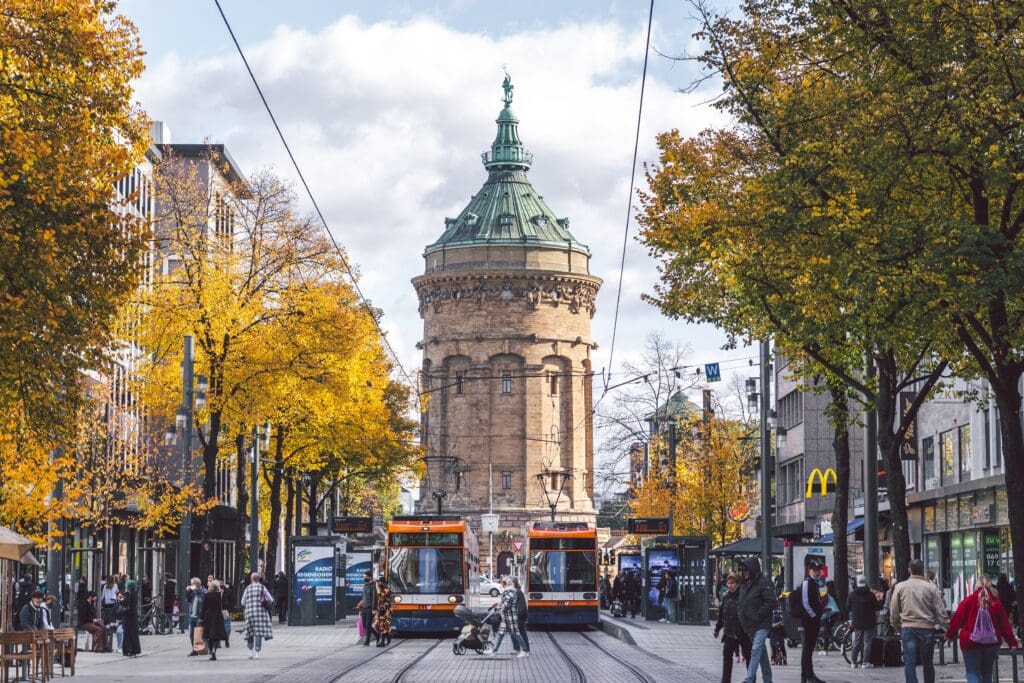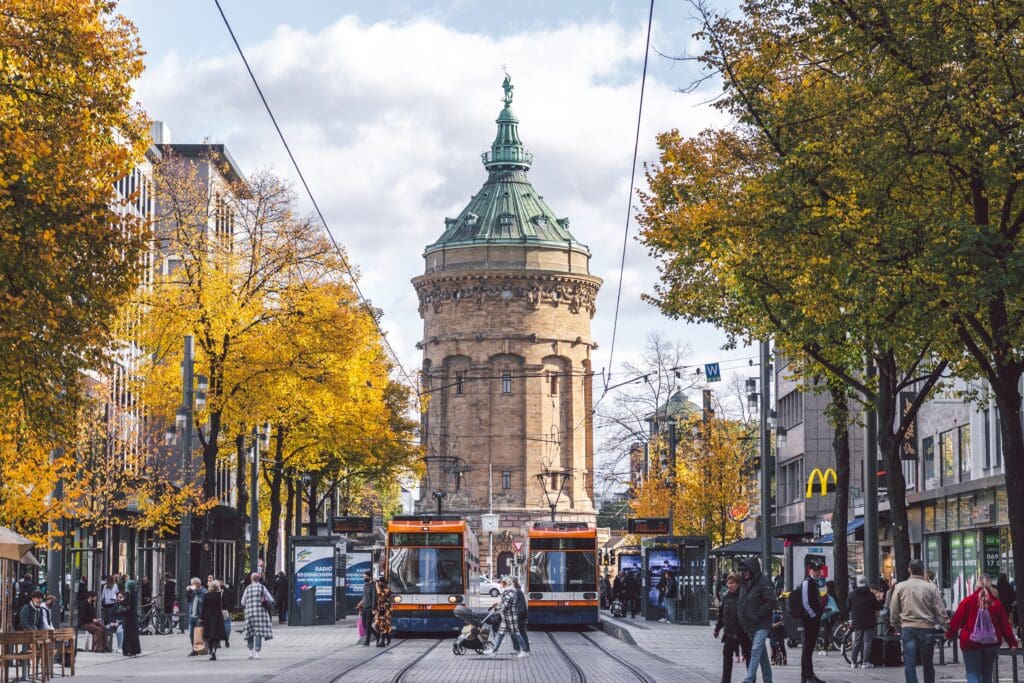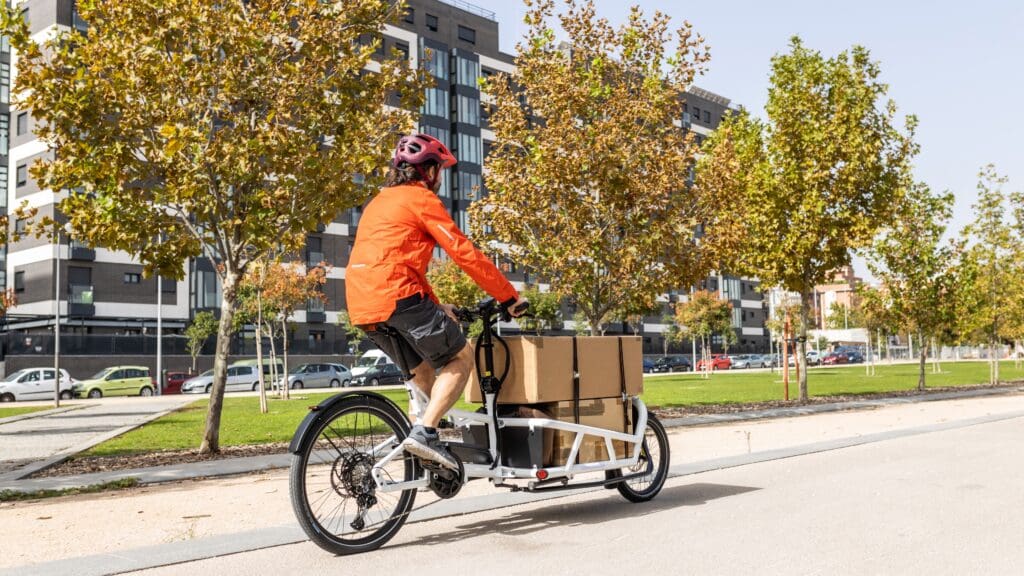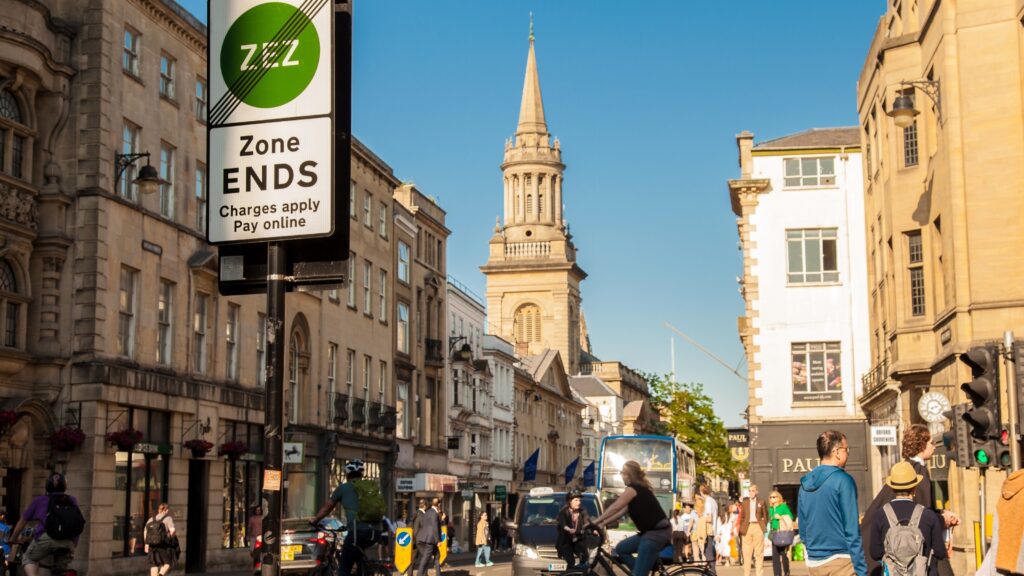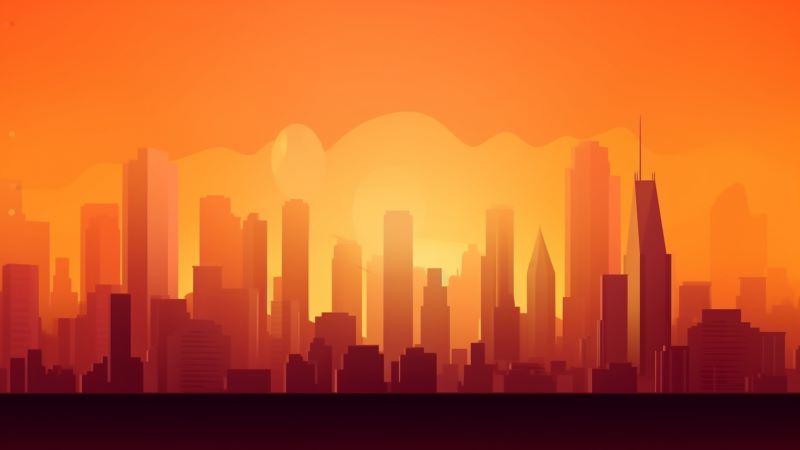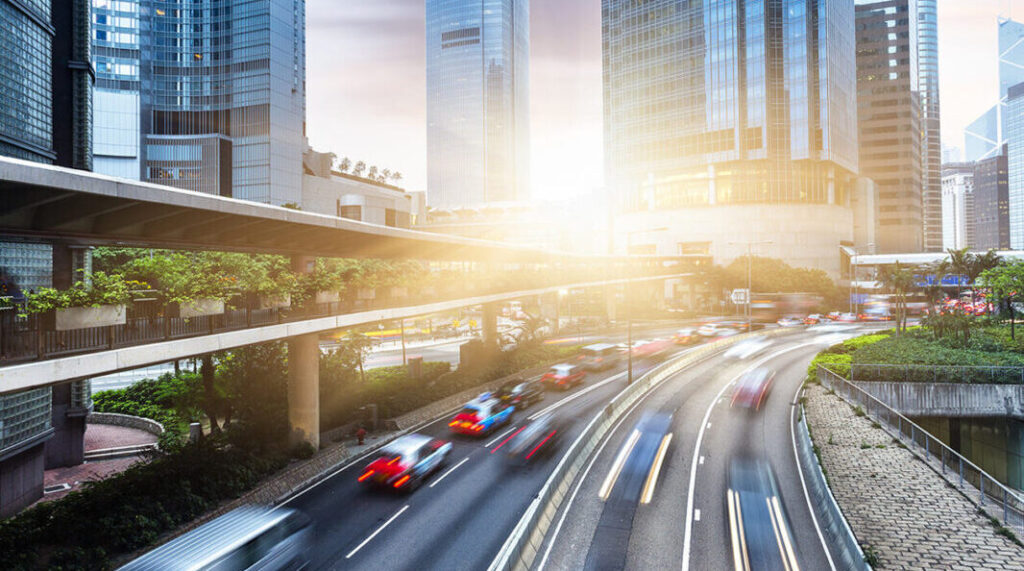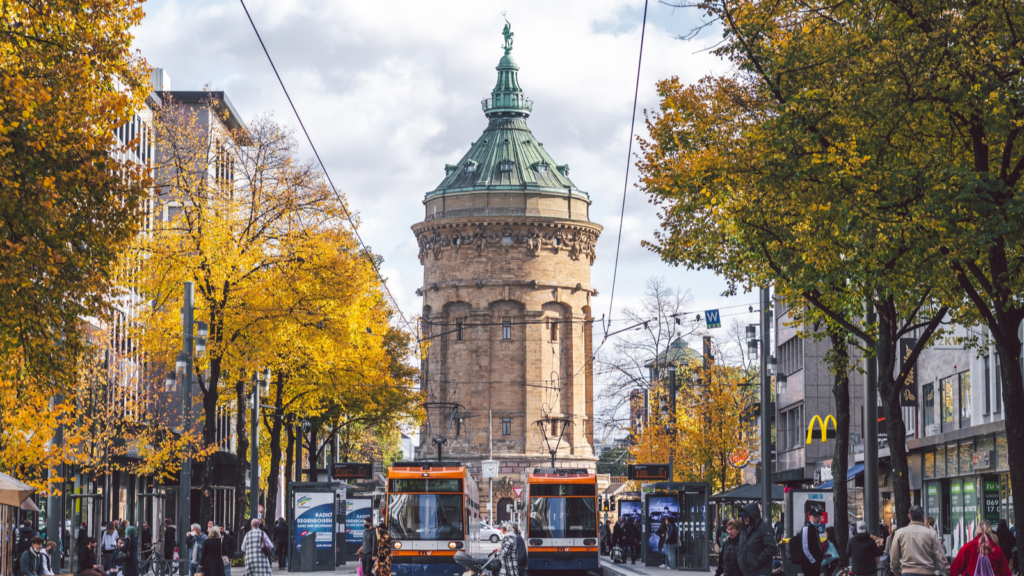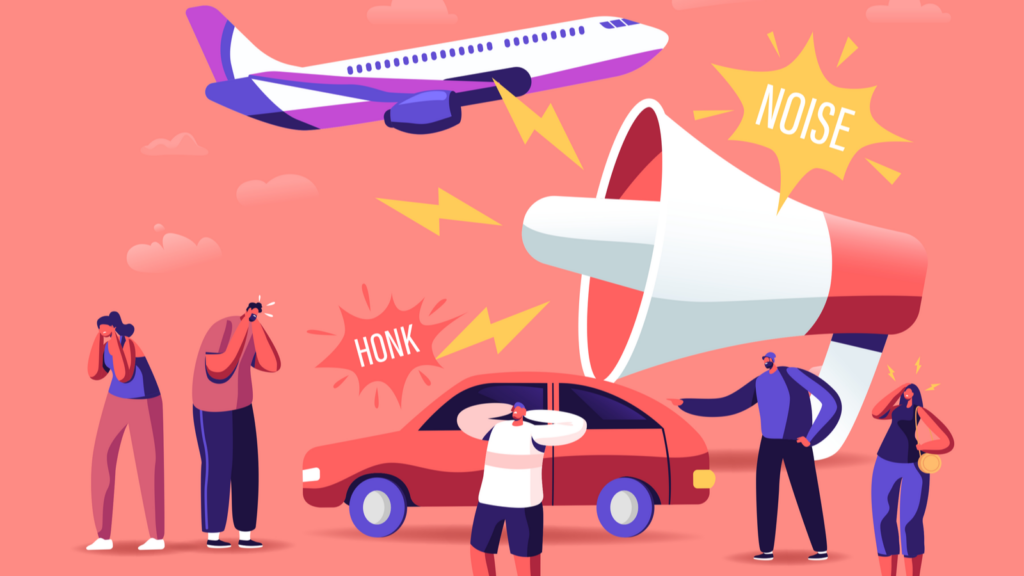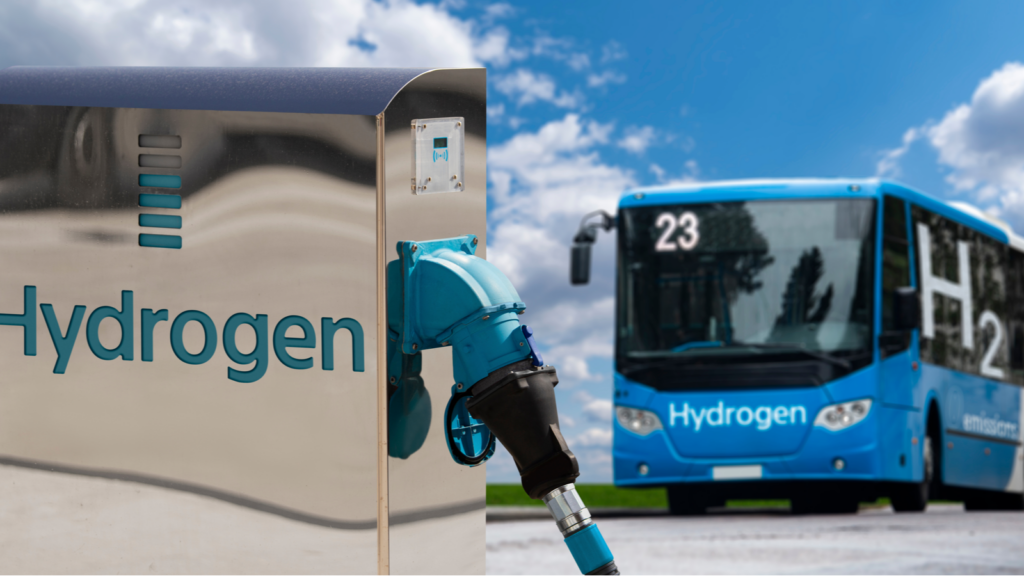Technologies and measures for pollution management: How to reduce, eliminate or prevent pollution.
It involves active mobility, new technologies for pollution management, noise reduction, safety, environmental impacts, etc.

Fundamentals of Public Transport: key components for success
This course explores the essentials of public transport, defining key concepts, evaluating success, improving services, and addressing funding and management. You will gain a comprehensive understanding of creating efficient, user-friendly public transport systems.
Frequently Asked Questions about Pollution Reduction and Health
1. Do I need a degree to work in Pollution Reduction and Health?
A degree can be helpful, but it’s not always a must. Many jobs in the field focus more on practical experience in areas like pollution management, urban air quality improvement, and noise reduction. Technical skills in environmental science, data analysis, and understanding sustainable technologies can also sometimes help open doors even without academic qualifications.
2. What are common topics covered in Pollution Reduction and Health courses?
Topics covered in these courses include the new technologies for pollution management, active mobility, noise reduction, safety, and environmental impacts. You’ll also learn about concepts like urban heat islands (UHIs), hydrogen-powered vehicles, and more.
3. What skills or experience do I need to start a career in Pollution Reduction and Health?
To get started, you’ll need a good grasp of environmental science and pollution management technologies. Additional skills in data analysis, project management, and understanding the health impacts of environmental factors can give you an extra edge.
4. What are some common career paths for someone learning about Pollution Reduction and Health?
You can pursue roles like environmental health officer, urban planner focusing on health, pollution control analyst, noise reduction specialist, sustainable transport planner, and more. People in this field often find opportunities in environmental agencies, urban planning departments, non-profit organisations, and consultancy firms.
5. What are the benefits of taking an online course about Pollution Reduction and Health?
An online course in Pollution Reduction and Health offers flexibility and convenience, letting you learn at your own pace from anywhere. Plus, these courses are often updated, which means they provide current knowledge and practical skills that are directly useful in the industry and could lead to job opportunities.
6. Why is it important to learn about Pollution Reduction and Health?
It’s essential to learn about Pollution Reduction and Health because pollution has a significant impact on urban environments and public health. This knowledge equips you to help build healthier and more sustainable cities.
7. How long do courses about Pollution Reduction and Health typically take to complete?
Course lengths vary, but most can be completed in a few days to a couple of weeks, depending on the material and your speed.
For detailed information on specific courses, visit these pages:
Explore courses on all categories
Our Awards
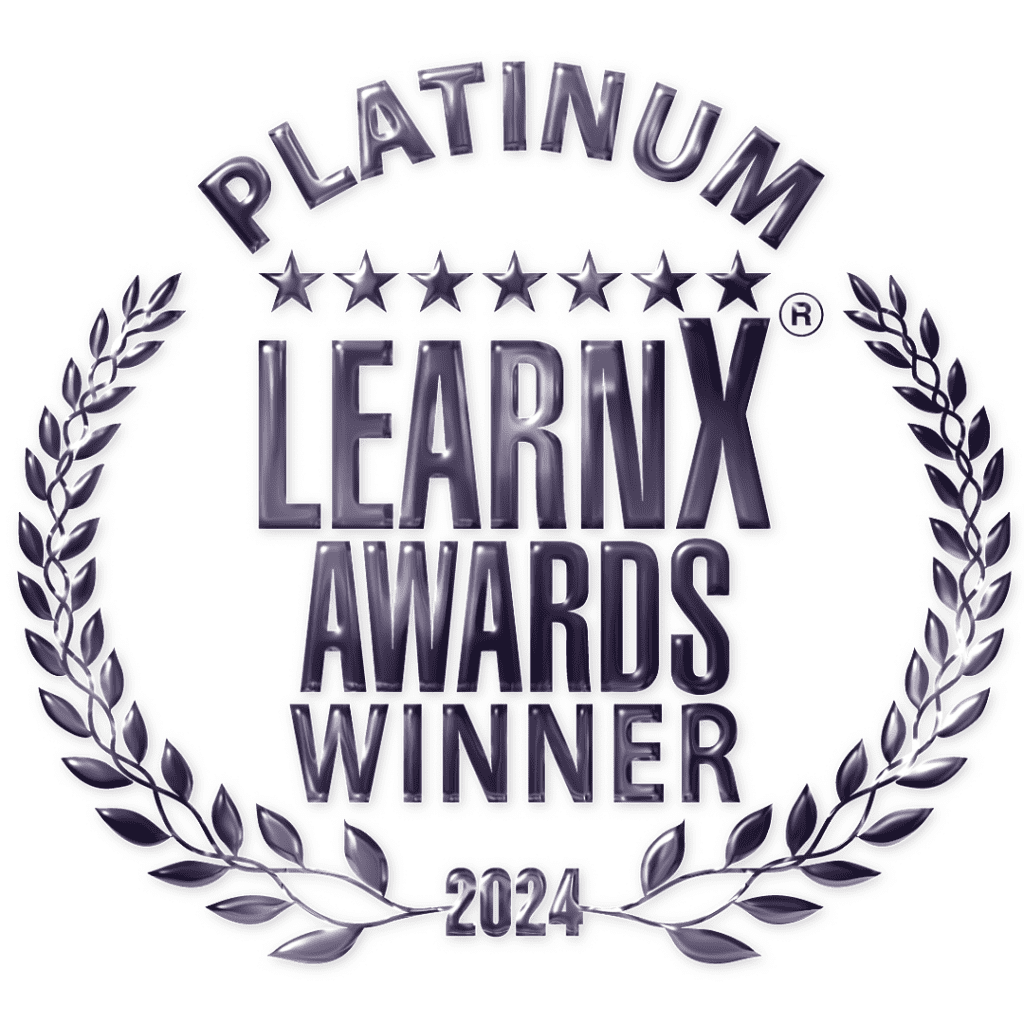
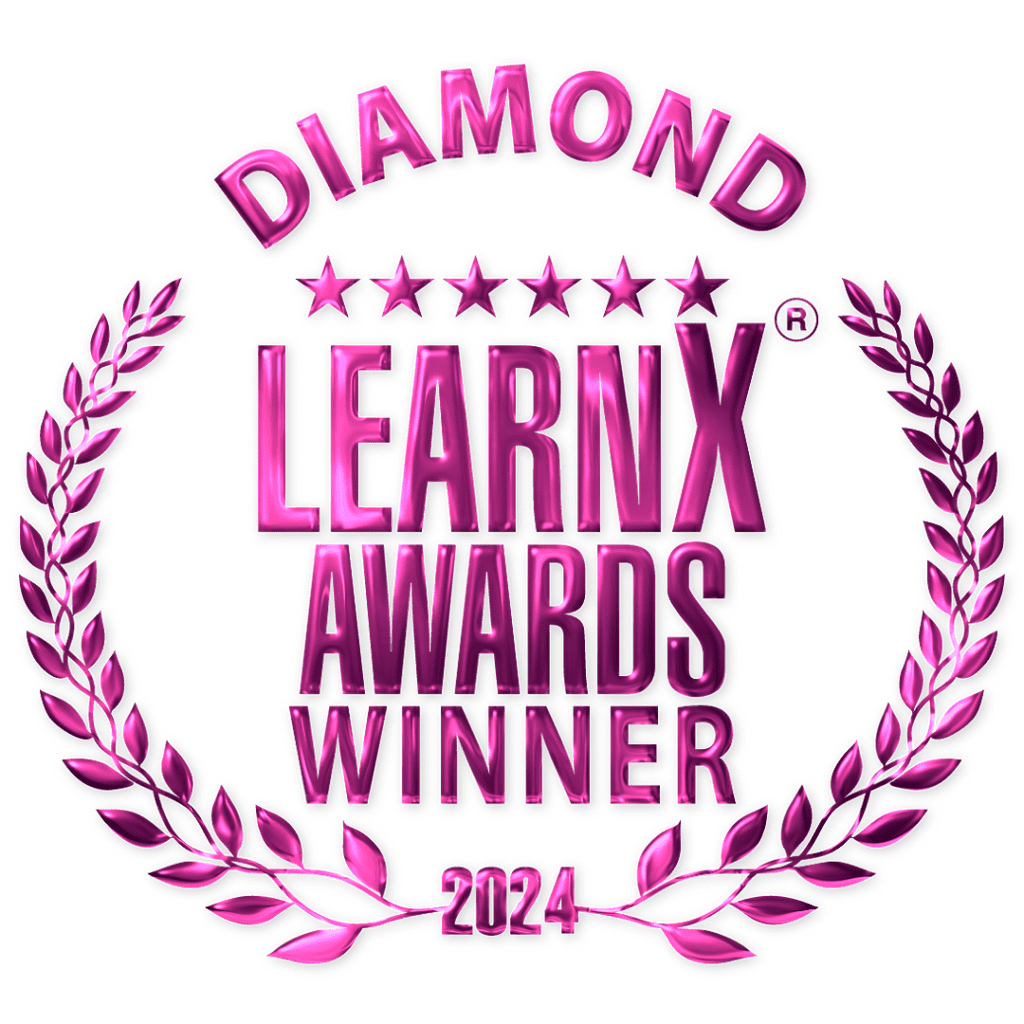
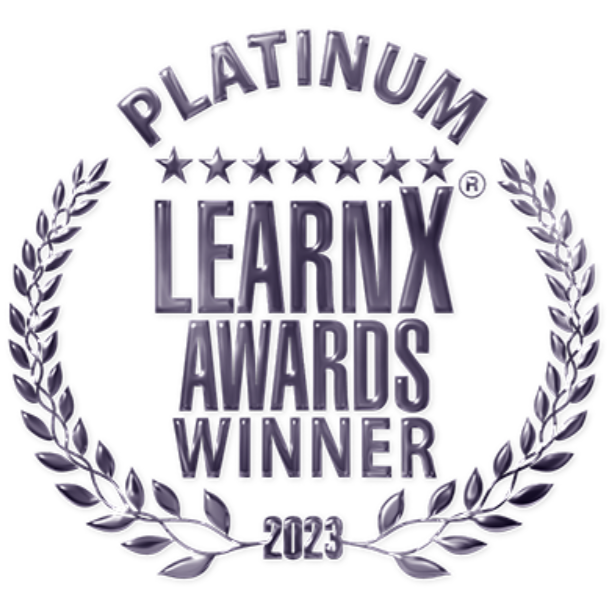
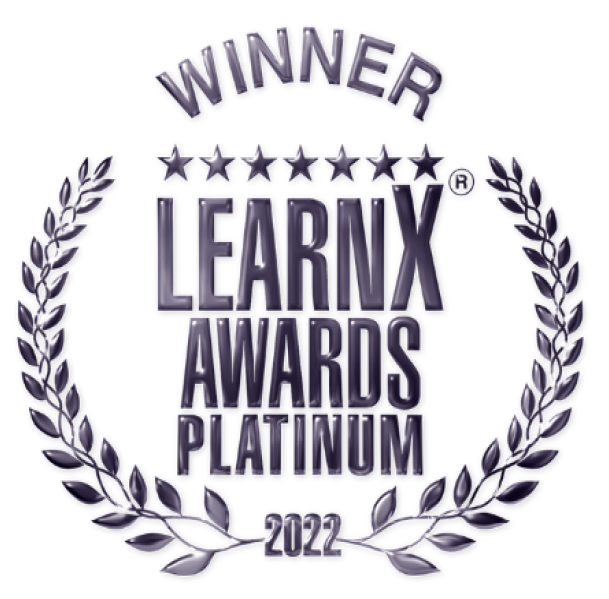

Newsletter
Stay in the loop with the latest updates! By signing up for our email newsletter, you’ll be the first to know about new courses and publications, updates, upcoming activities and exciting information tailored to your interests. Join us today and be part of our community.
By clicking “Subscribe” I give EIT Urban Mobility my consent for the use of my personal data for the purpose of sending me newsletters in accordance with EIT Urban Mobility’s Privacy Policy


